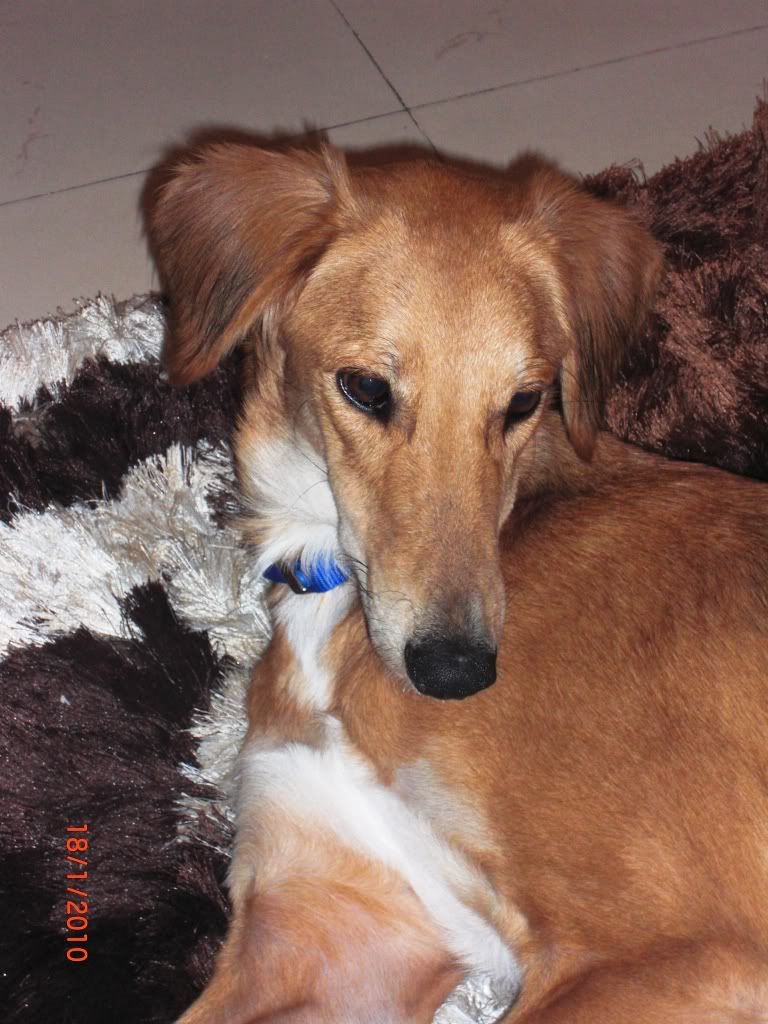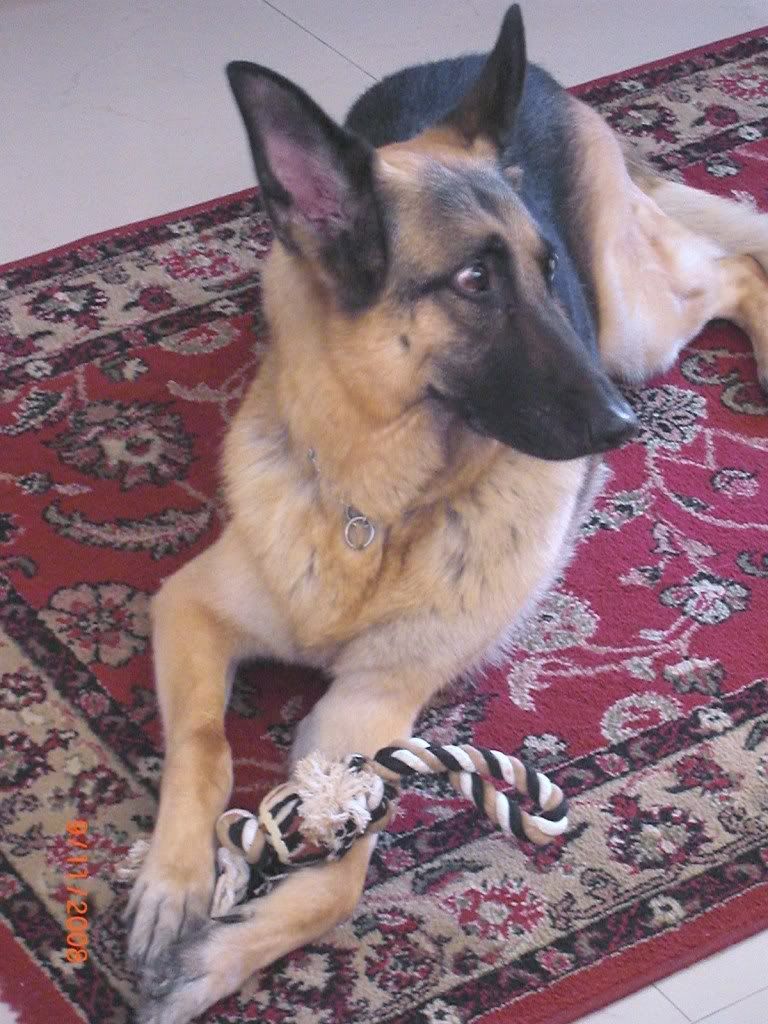Pheromones are chemical messengers that help dogs and cats identify each other in the pack. That’s why dogs sniff each other’s butts, or another dogs poop they come across on their walks. The pheromones are released when a dog goes poop supplying much biochemical information needed to communicate with one another. These pheromones are released via the anal glands found inside the dog or cats rectum. Anal problems in dogs are common, with the common treatment being performed unnecessarily being the cause.
Why Anal Problems in Dogs?
The anal glands inside the rectum have a tiny duct that leads out to the anus. When the dog or cat goes poop feces enters the rectum, the colon expands, and these glands squeeze a little pheromones on the feces. When the duct that drains the anal gland becomes swollen shut creating anal problems in dogs. In a nutshell what happens is that the muscle that does the work becomes weak from not operating on it's own, and therefor cannot perform on it's own. The area becomes agitated and swollen shut.
When your groomer provides your pet the service of excreting his anal glands he is playing with fire and your pets health and well being is on the line and so is your hard earned bucks because this procedure actually creates unnecessary trauma to the anal gland. Whether it's your groomer or your vet, excreting your dog or cats anal glands is a procedure you need to ensure your groomer and vet do not do.
In cases where there is an underlying inflammatory condition or low-grade infection that’s already in the anal gland, sometimes gentle manipulation by an experienced veterinarian is necessary. It is extremely important that your vet knows when to stop squeezing so as to help the anal gland keep it's muscle tone so it can work on it's own accord preventing anal problems in your dog.
If anal gland muscle tone is lost through regular expression, do not have your veterinarian or groomer automatically express the glands. Tell your vet to check the glands regularly and to determine if the glands are of normal size, not too full, and whether the duct is working properly. In that case, it is best to leave them alone.
Another one is anything that can cause soft stools. This could be medications, parasites or antibiotics. Firm stools are required to apply pressure against the colon wall that allows the anal glands to express pheromones. A pet having regular or recurrent soft stools or diarrhea often can cause anal gland problems. The problem behind the soft stools needs to quickly be addressed and not left unattended.
If your pet is sensitive to allergens within his surroundings it is likely that anal gland problems can arise by causing tremendous itching to the anus making your dog or cat bite and scratch, causing the area to become irritated. If you think you have an allergenic pet you need to have the cause of the allergies investigated and controlled in order to eliminate the anal gland problem.
The GI Tract and Other Organs
Inflammation of the GI tract is the second runner up for anal gland problems in cats and dogs. It is important to remember that any disease in the gastrointestinal tract also effects the anal glands. For example Inflammatory Bowel Disease, Allergic Gastritis, allergies, and Allergic Colitis can all effect the anal glands in your dog or cat.Another one is anything that can cause soft stools. This could be medications, parasites or antibiotics. Firm stools are required to apply pressure against the colon wall that allows the anal glands to express pheromones. A pet having regular or recurrent soft stools or diarrhea often can cause anal gland problems. The problem behind the soft stools needs to quickly be addressed and not left unattended.
Pet Allergies
If your pet is sensitive to allergens within his surroundings it is likely that anal gland problems can arise by causing tremendous itching to the anus making your dog or cat bite and scratch, causing the area to become irritated. If you think you have an allergenic pet you need to have the cause of the allergies investigated and controlled in order to eliminate the anal gland problem.
Ergonomic Problems
Ergonomic problem refers to anal glands set abnormally deep. When a dog or cat has anal glands placed to low inside, even healthy stools cannot suffice and effectively empty the pheromones during bowel movements. Once again, the anal glands in this case need to be regularly checked my the vet in order to determine if they need to be expressed manually.
Only extreme circumstances require the surgical removal of anal glands, but according to Dr. Karen Becker, Holistic Veterinarian this surgical procedure under the surgical definition of a "Salvage procedure", meaning it can host a whole other basket of complications.
The first issue at hand in treating anal problems in dogs is for the owner to identify the root problem causing the anal glands to swell. Determine if the problem is an inflammatory one or an allergic one, or soft stool. If your pet does not have anal gland problems make the choice to eliminate anal gland expression in your pets life so as to preserve the muscle and do away with anal gland problems in the future. Only in extreme circumstances of your pet needing relief, determined by a vet, should you have anal gland expression performed.




















































Thanks. The article refers to allergies that cats and dogs can have, not people allergic to cats. I am however, so glad to know that there is help for cat lovers who are allergic. I will pass your link to some friends who are allergic to cats but love them and are not able to have them as pets. Thanks for your contribution Camilynn!
ReplyDeletethanks, whether it's your groomer or your vet, excreting your dog or cats anal glands is a procedure you need to ensure your groomer and vet do not do.
ReplyDelete